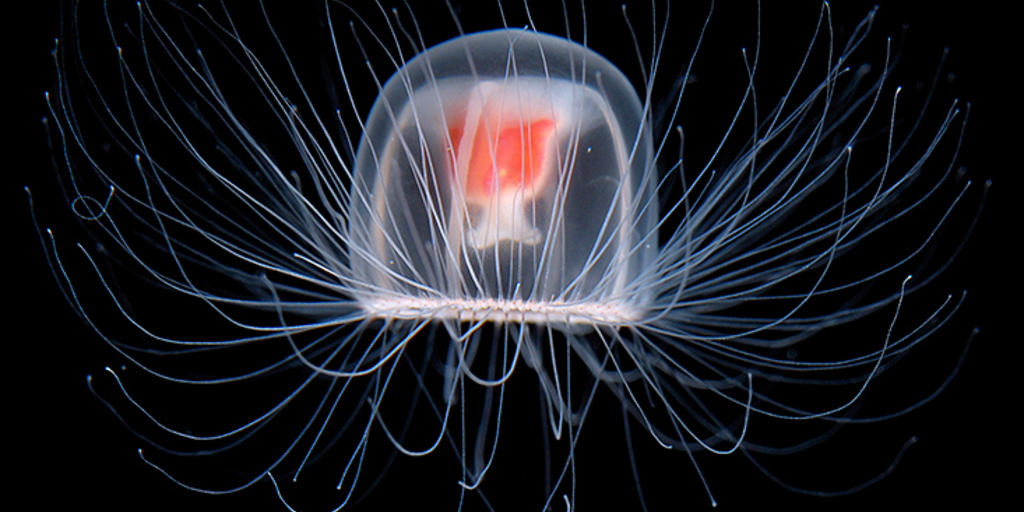Five Misconceptions About Radical Life Extension – Article by Arjun Khemani

Arjun Khemani
Note: If you enjoy this author’s work, check out his Substack newsletter where he writes about science, technology, and optimism.
Below are five common objections to radical life extension with my responses to each of them.
#1: “Old people don’t change their minds.”
Elon Musk famously espouses this objection against immortality. He’s concerned about society getting static as a result of people living for a very long time because according to him, “the truth is, most people don’t change their mind. They just die. So if they don’t die, we will be stuck with old ideas and society wouldn’t advance.”
This line of thinking is completely misconceived. Progress is not inevitable “one funeral at a time”. Society was static for hundreds of thousands of years before the Enlightenment. And in those days, humans used to live far shorter lives than today. The uneventful period before the Enlightenment was a result of irrational memes ingrained in society’s culture. These memes inhibited questioning what was known and survived by disabling the critical faculties of people that are responsible for advancing our knowledge.
Society getting static is a real concern. But letting people die is not the solution. As Karl Popper wrote, “We can let our ideas die in our place.” Additionally, even today, most leaders of anything are removed long before illness or death force the issue.
#2: “We’ll run out of the planet’s resources.”
People are our most important resource because only they create the knowledge required to turn useless matter into what we can call a resource.
As I wrote in a recent newsletter, “It is misleading to call coal a ‘natural’ resource. Without our knowledge of how to extract and use coal as a source of energy, it would remain just a rock. We find ourselves in an environment that is the product of ideas. Just look around you at the evidence of civilization. Look at how the natural world has been pruned and modified.”
Without technology, many parts of the Earth (and beyond!) would be uninhabitable for us. Mother Nature is far more threatening than she is benevolent. People will go on turning useless matter into something that can be utilized for their productive purposes. And since space is practically infinite, this transformation of matter into resources can go on indefinitely. People are the solution, not the problem.
#3: “It is unnatural to live forever.”
False. The Turritopsis dohrnii aka the immortal jellyfish is a jellyfish that’s virtually immortal. This marvelous creature can revert to its juvenile state after reaching maturity and then grow up again, repeating the process indefinitely. Evolution has its wonders.

The “immortal jellyfish”.
Besides, humans have been creating tools to increase their inherent abilities ever since they emerged in the African Savannas. That is how we came to the top of the food chain. It is almost unnatural for us not to go against—primarily to advance—our inborn capabilities or instincts.
And you know what else is natural? Earthquakes, volcanic eruptions, tsunamis, floods, droughts, asteroid impacts, and many more threats to all life on Earth. “Natural” does not mean good.
Death is not a part of life. It is the end of it. There is nothing good about death. Parochially, it can be caused by this or that disease. But the deeper explanation for death is always ignorance. No fundamental law requires it. We should treat it just as it is: another problem to be solved.
#4: “We’ll all run out of things to do and life will get meaningless without death.”
Contemplating their mortality seldom pushes people to achieve things they want to achieve. People do things to improve their lives, and the life of an immortal can improve indefinitely. There is always more work to be done, more space to be transformed, and a better world to aim towards.
For some, infinity is a bit hard to comprehend. It can help to reframe the question “Do you want to live forever?” to “Do you want to live tomorrow?” Most people do. Most people don’t have plans to die. If they’re feeling physically and mentally healthy, most people would say yes to tomorrow.
Creativity knows no bounds. Our knowledge can keep on growing deeper and broader in all fields without limit. As long as this is true, life need not get boring, the fun need never stop. As Leonardo da Vinci, someone who lived up to the very end of his life like a child said, “Learning never exhausts the mind.”
#5: “Only the rich will be able to afford to live forever causing greater inequality.”
Initially, it is true that only the rich will be able to access the metaphorical pill to immortality. But this doesn’t mean we shouldn’t work on it! Almost any new revolutionary product or technology has high unit cost before it can be made affordable for the masses.
And it eventually always is made affordable for the masses. The time period depends on how fast we innovate. But indeed, as John F. Kennedy allegedly said about capitalism, “A rising tide lifts all boats.”
In the pre-modern, poor world life expectancy was around 30 years in all regions of the world. Even the richest would have to see their children die before the age of five, and they wouldn’t live long either. Since then, the world has witnessed a rise in income inequality yet in every world region people today can expect to live more than twice as long compared to the 18th century. Not only do people live longer, but their lives are arguably better in every way today than 300 years ago.
Arjun Khemani is support lead at Airchat, a new audio-based social network platform founded by Naval Ravikant. On his Substack newsletter Arjun publishes weekly posts on science, philosophy, progress, and optimism. He also has a podcast and writes the Critical Rationalism Newsletter. You can find him on Airchat and Twitter.
2 thoughts on “Five Misconceptions About Radical Life Extension – Article by Arjun Khemani”
“It is almost unnatural for us not to go against—primarily to advance—our inborn capabilities or instincts.”
Yes, Arjun! The quest for immortality has been a human longing since ancient times. There was Methuselah in the bible and Tanhankara in the sutras.
Taoist sages especially exemplified the desire. They were creating longevity elixirs of various herbs such as Reishi to stimulate their immune systems and fight off cancer. They were practicing fasting and calorie restriction to modulate their blood glucose. They practiced meditation to lengthen their telomeres. All of these were done without understanding the mechanisms of action.
I would say what would be MOST unnatural would be to NOT seek the longest lifespan possible.
Sounds like good genetics. Many of us want to live to 120 or hundreds of years. It is possible with technology, and that is what we are fighting for.